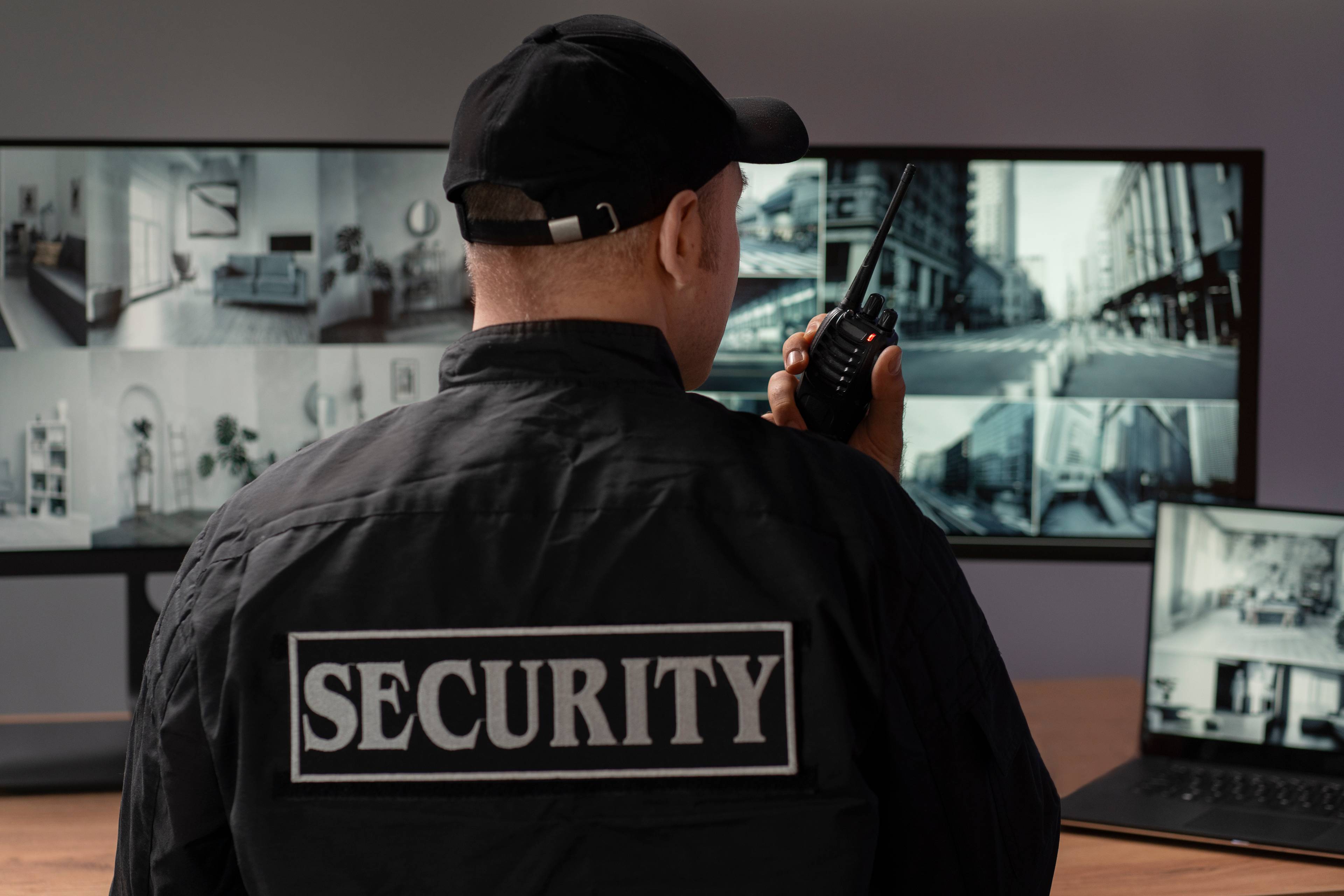Renting a storage unit should offer peace of mind. After all, you’re paying for a secure space to keep your items safe. However, if someone breaks into your unit and your belongings are stolen, you might wonder who is responsible for the loss. Is it the storage company, or does the liability fall on you?
The answer often depends on the specifics of your rental agreement and whether the storage facility has fulfilled its obligations. Generally, storage facilities include a clause that states “goods are stored at the owner's risk,” shifting the burden of responsibility onto you unless negligence can be proven on the part of the storage company.
This is where insurance becomes your best friend. Having the right coverage can make all the difference, ensuring that even if something goes wrong, you’re not left to cover the cost of replacing your stolen items.
Who is responsible if a storage unit gets broken into?
When you store your belongings in a storage facility, the responsibility for those items generally lies with you, the customer. Most storage companies include a clause in their contracts that states "goods are stored at the owner's risk." This means that unless the storage facility is negligent—such as failing to repair faulty locks or maintain its systems—they're not liable if your stored goods are stolen or damaged. This approach is standard and helps protect the storage company from liability for circumstances beyond their control.
However, if the storage company neglects basic security measures, such as leaving gates unlocked or not fixing broken locks, they could be held liable for any losses that result from these oversights. It’s crucial to carefully review your rental agreement to understand both the storage facility's responsibilities and your own obligations.
The role of insurance
Even with top-notch security, storage units aren't immune to risks like theft or fire. This is why insurance is essential. Most storage facilities require customers to have insurance for their stored goods. This insurance typically covers theft, fire, and water damage, offering a financial safety net if anything goes wrong.
It’s important to thoroughly review your insurance policy (as well as your storage contract) to know what is covered and what isn't. For example, items like high-value jewellery or antiques may need additional coverage. Also, if the value of your stored goods changes, make sure your insurance is updated accordingly. While some storage companies offer their own insurance plans, you usually have the option to choose a third-party provider if it better suits your needs.
By ensuring your posessions are properly insured, you protect yourself against unexpected events, regardless of whether the storage facility is held responsible for any losses. This way, you can have peace of mind knowing that your items are covered, even if the worst happens.
Tips for safeguarding your stored items
While insurance provides a safety net, taking proactive steps can further protect your items:
- Keep your unit locked – Opt for highly secure locks like disc or cylinder locks, which are harder to tamper with than standard padlocks.
- Avoid Storing Valuables – If possible, refrain from storing irreplaceable or highly valuable items in storage units.
- Regularly inspect your unit – Periodically check your storage unit to ensure everything remains intact and to spot any potential issues.
- Keep an inventory – Maintain a detailed list of stored items, including photos and serial numbers. This aids in insurance claims if necessary.
How to choose a reputable storage facility

How safe your belongings will be heavily depends on the storage facility you choose. Consider the following when making your selection:
- Ensure the facility has robust security features like surveillance cameras, gated access, and adequate lighting.
- A well-maintained facility indicates attentive management, reducing risks like pest infestations or structural issues.
- Facilities with on-site staff can deter potential thieves and address issues promptly.
- Research feedback from current or previous customers to gauge their experiences regarding safety and service quality.
HOLD self storage ticks all these boxes and more.
By combining these precautions with a clear understanding of your responsibilities and rights, you can ensure your belongings stay safe.
What to do if a break-in occurs
If you discover that your storage unit has been broken into, act quickly:
Notify the storage facility – Immediately inform the storage company about the break-in. They should document the incident and check their systems for any breaches.
Contact the police – File a police report as soon as possible. This report will be essential when filing an insurance claim.
File an insurance claim – Contact your insurance provider to report the theft. Provide them with your inventory list and any other required documentation to process your claim efficiently.
Review and reinforce – After addressing the immediate situation, consider whether additional measures, such as upgrading your lock or moving to a more secure facility, are necessary.
HOLD will keep your belongings safe and secure

Securing your belongings in a storage unit requires understanding both your responsibilities and the storage facility's obligations. By carefully reviewing your rental agreement, ensuring adequate insurance coverage, and taking proactive measures, you can significantly reduce the risk of loss or damage.
If you’re looking for a reliable and secure storage option in London, HOLD Self Storage offers state-of-the-art facilities with advanced security features. Our Kings Cross facility is equipped with climate-secure units, exceptional customer service, and competitive pricing to meet all your storage needs.
Contact us today for a free quote or to learn more about how we can help keep your belongings safe and secure.
Frequently Asked Questions
Can police check storage units?
Yes, but police typically need a warrant to search a storage unit unless they have the storage owner's consent or there are exigent circumstances. The storage company may allow access if there’s a legal requirement.
What happens if I don't pay my storage unit in the UK?
If you don’t pay, the storage company can deny you access to your unit and eventually auction your belongings to recover the unpaid rent. You’ll be notified before any auction occurs.
How to protect your storage unit from theft?
Use high-quality locks (like disc or cylinder locks), avoid storing valuables, regularly check your unit, and consider choosing a facility with strong security measures like surveillance and on-site staff.
Is it legal to live in a storage unit in the UK?
No, it is illegal to live in a storage unit in the UK. Storage units are not designed for residential use and living in one violates health and safety regulations.
Are trolleys or forklifts available at HOLD?
Yes, the use of trolleys is complimentary for all customers. We do not have any forklifts at the store.
When can I access my HOLD storage unit?
You can access your storage unit whenever you want. But due to new security measures, you will need prior approval to access your unit outside reception hours.
To access your unit when reception is closed, simply input your unique PIN code into the keypad at the main gate, proceed to drive in, and then enter your code again to gain entry through the sliding doors or lift into the store.


